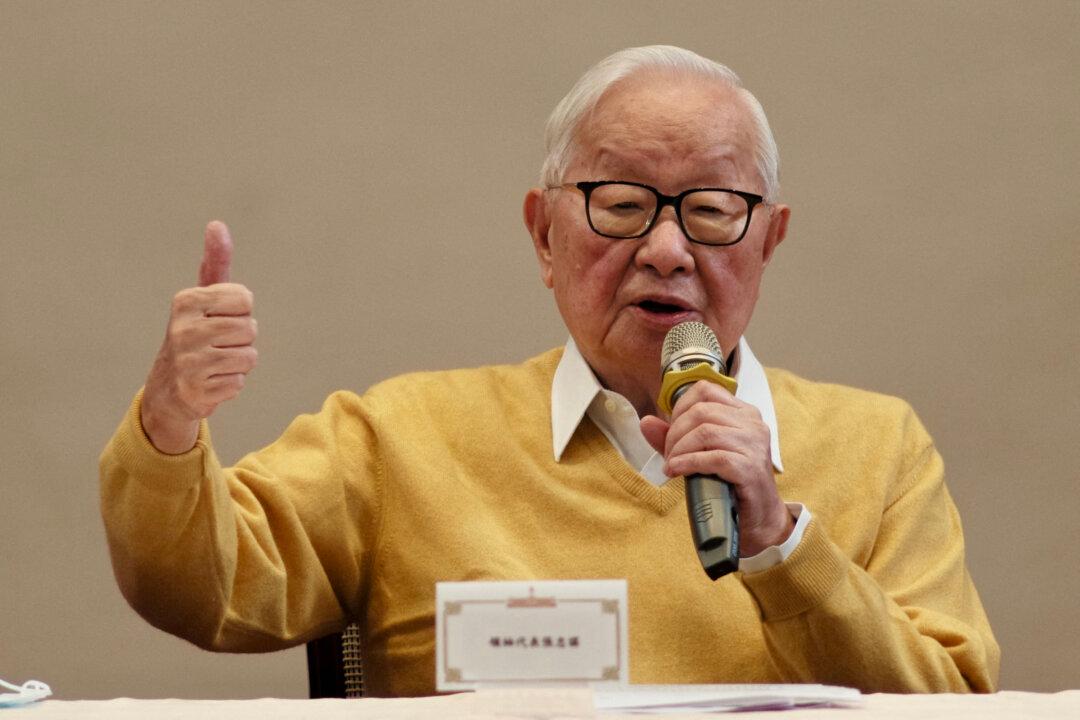Taiwan and the United States are working on a possible in-person meeting between Taipei’s envoy to the Asia-Pacific Economic Cooperation (APEC) and President Joe Biden this week, a senior Taiwanese official said.
Taiwan appointed Morris Chang, the founder of chip giant Taiwan Semiconductor Manufacturing, as its representative to this week’s APEC summit in San Francisco. Taiwan is aiming at having a one-on-one exchange between Mr. Chang and President Biden.




